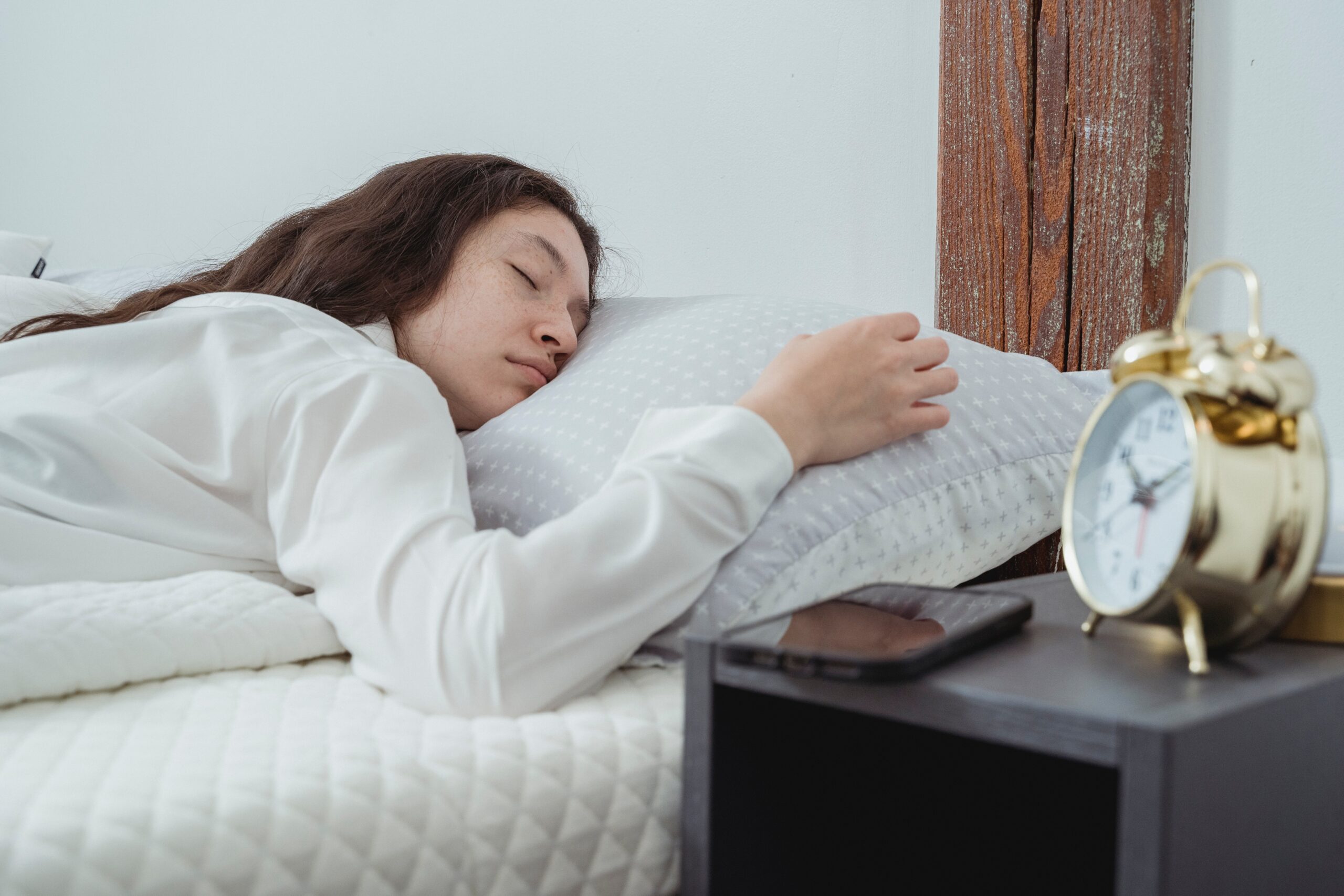Staring at the ceiling again after a hard day’s work? Incorporating an evening routine that you repeat as often as you can, will help your body and mind to relax.
Good habits make good people
Research shows that sticking to a strict sleep routine helps you with your quality of sleep, but also helps to train your brain to make you feel sleepy, when it’s time to go to bed. ‘At what time’, you may ask? That’s entirely up to you.
So, first determine what time is best for you. And then, stick to the rhythm. Be consistent. Make habits. Then your brain will help you.
Here are some other tips for you.
Tip 1: Prioritize you
You deserve to be happy and healthy, whoever you are! A lot of people don’t realize that. They tend to correct their own “shortcomings” by working fiercely to please others. Or they feel this moral obligation to give and give and never stop giving.
Don’t be that person!
Do you want to be there for your family, friends and colleagues? Listen to Oprah. She tells everyone to ‘fill their cup’. Only if you take care of yourself first, will you have enough to give to others.
And in that line of thought, it is important to realize that the best ‘me time’ is sleep. Sleep is the most important thing to energize, recover, and help preventing a number of unpleasant disorders like diabetes and depression. Quite significant, right?
So put yourself first and allow yourself this valuable time to relax.

Tip 2: Think of all the things that relax you
What makes your head unwind? What brings your heartbeat down a couple of beats? Candles? Classical music? Drawing? Reading? Think of the activities that calm you the most.
Those are the activities that you may want to partake in, later in the evening. A normal heart rate while sleeping is often between 40 to 50 beats per minute. That’s strikingly lower than a typical heart rate for adults in day time, which is 60 to 100 beats per minute.
In plain English: do your heart a favor and help it lower the bpm’s before going to bed. A great way of doing that, is focusing on your breath. Try breathing techniques like box breathing or cleansing breathing. You can also just try to take long, deep breaths in and out, and hold your breath for one or two seconds in between.
Are worrisome thoughts popping up, uninvited? Try mindfulness techniques like regarding these worries as cars driving by, which have nothing to do with you. Or write them down, to give those thoughts another place to stay the night. Worry about those later.
Did you make room in your head? Go back to square one, and fill it with things to calm and soothe you. Remember, you deserve all things good!
Tip 3: Focus on the present
Put that phone away! People check their phone about 260 times a day. Your phone constantly feeds you with input, which won’t help you relax.
Furthermore, phones and other devices like tablets emit blue light. That blue light tricks your brain into thinking it’s daytime. Consequently, your brain fails to produce melatonin, the hormone that you need to make you feel sleepy. So try putting your phone away at night, at least 30 minutes before you go to bed.

Tip 4: Repeat
A routine helps. Every day after work, or after some evening chores or activities, do the same thing. Your body learns to respond to this rhythm.
Store away your gadgets in time, every single evening. Focus on yourself, daily, and on what you want to experience and accomplish.
We guarantee that you’ll be able to relax and unwind.




